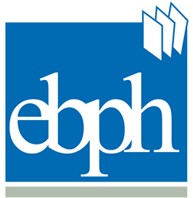Building a Safer NHS for Patient. Improving Medication Safety
DOI:
https://doi.org/10.2427/5973Abstract
Medication errors occur in all health care systems and in all health care settings. If the errors are identified through an active management and effective reporting system they can be removed before they can cause harm to patients. In order to reduce the risk it is important to understand the causes of medication errors.
The NHS Report aims to provide a guide to current knowledge of the frequency, nature and causes of errors, the risk factors inherent in current medication processes and helping the NHS organizations and health professionals in achieving a reduction in serious medication errors. In July 2001 the UK Government established the National Patient Safety Agency (NPSA, http:// www.npsa.nhs.uk) which, in 2004, implemented a national reporting and learning system to enable the NHS to report all type of adverse incidents including those involving medicines. The NPSA core purpose is to improve patient safety and to accomplish this task; it looks at the identification of patterns and trends in avoidable adverse events so that the NHS can entrust practice and management to reduce the risk of recurrence. Before the establishment of the NPSA, there had been no attempt to establish a unified mechanism for reporting and analyzing medication errors. Despite the many published studies there is no clear definition for medication errors and thus they do not distinguish between errors and adverse drug reactions. The Report defines and highlights the differences between medical errors and drug reactions.





